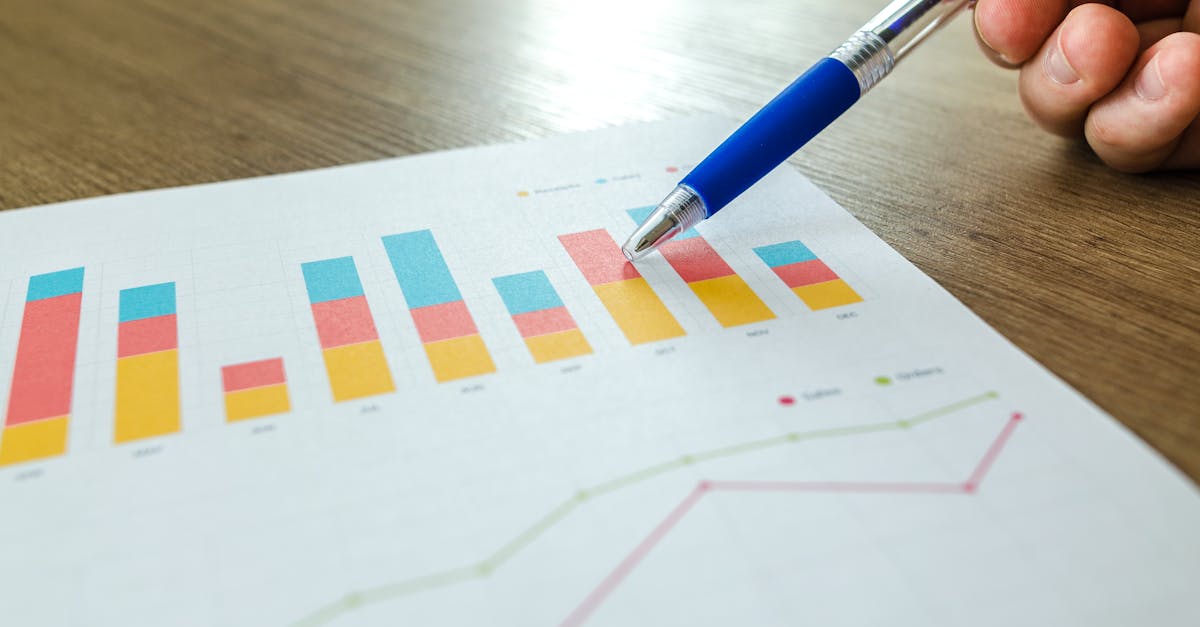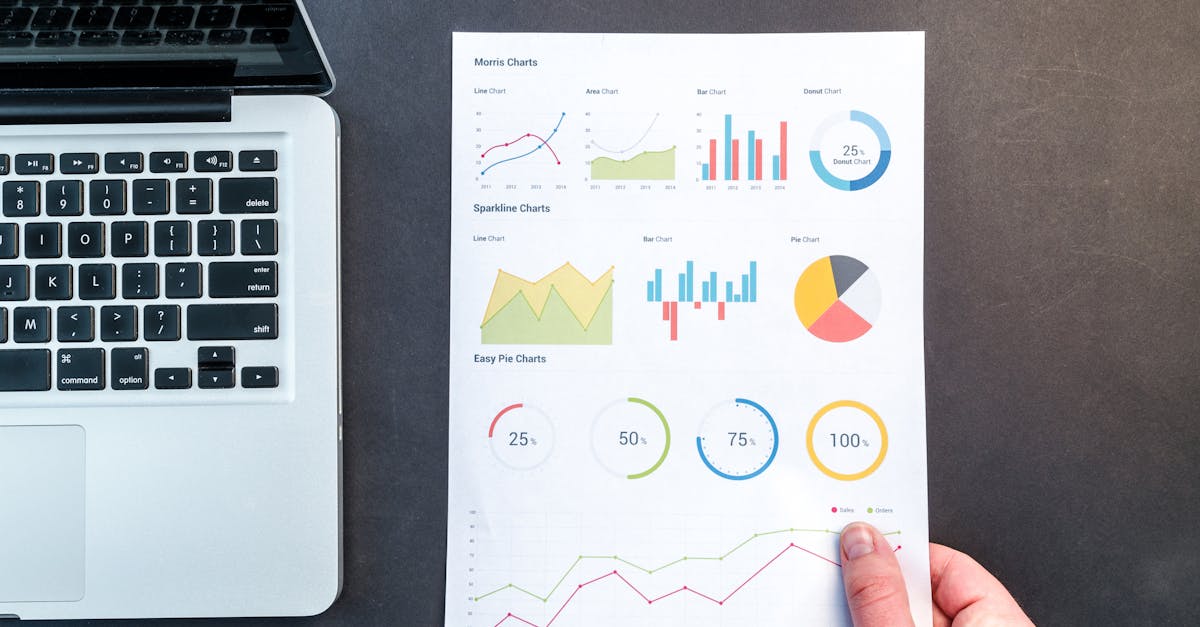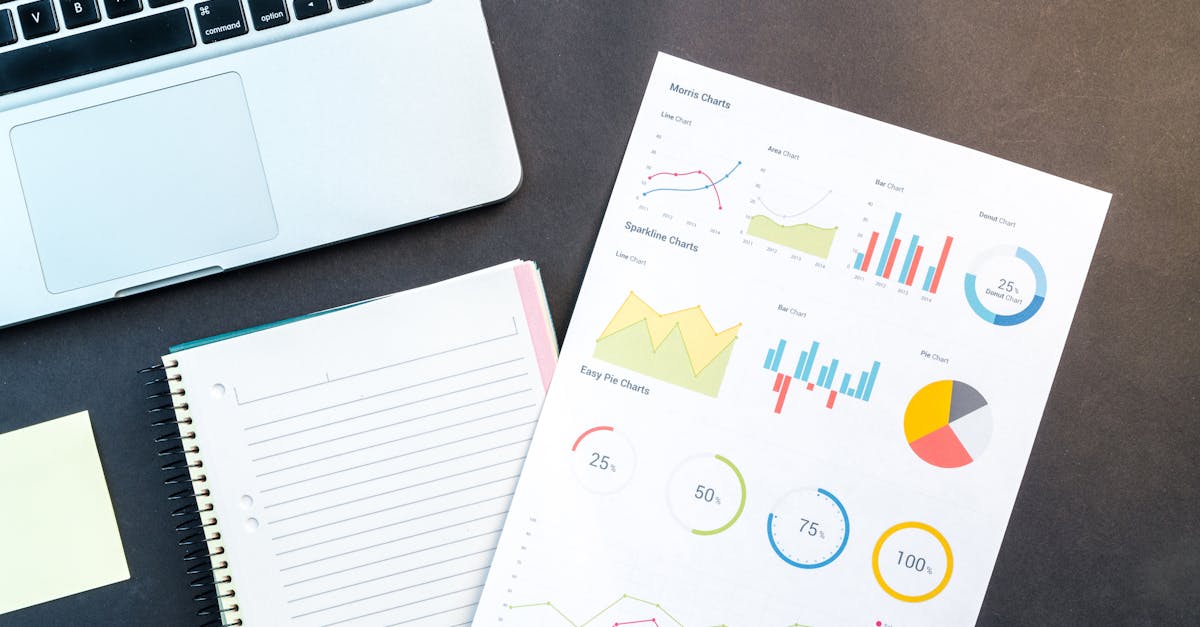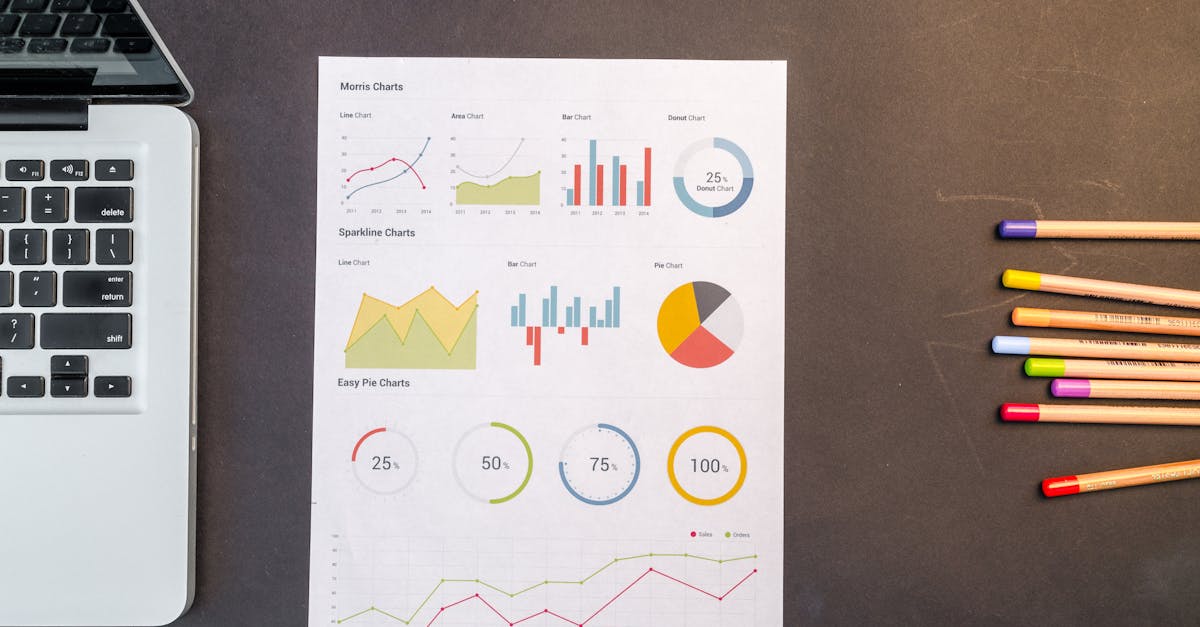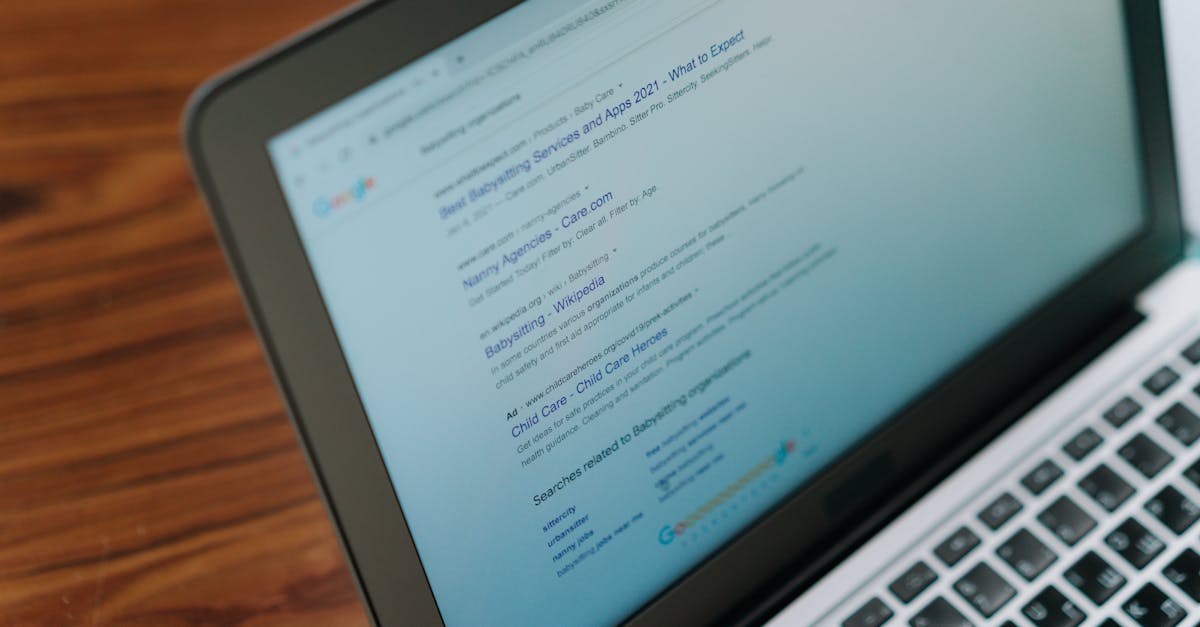
Table Of Contents
Creating a Strong Resume
A strong resume is essential for aspiring reporting analysts, as it serves as the first impression for potential employers. Highlight your educational background, particularly any degrees or certifications in data analysis, statistics, or a related field. Clearly outline your relevant work experience, focusing on roles that involved Analytics and Reporting. Use bullet points to present your achievements and responsibilities succinctly. Quantify your success with specific examples, such as improving reporting processes or enhancing data accuracy, which can set you apart from other candidates.
When listing your skills, ensure you emphasise those that are particularly pertinent to Analytics and Reporting. Proficiency in tools such as Microsoft Excel, SQL, or data visualisation software is crucial. Additionally, showcasing your understanding of data interpretation and storytelling will further demonstrate your capacity for the role. Tailor your resume to align with the specific job description by incorporating relevant keywords. This approach not only improves your chances of getting past automated screening systems but also effectively communicates your fit for the position.
Highlighting Relevant Skills and Experience
When applying for a reporting analyst position, it is crucial to clearly demonstrate relevant skills and experience. Highlight your proficiency in data analysis tools such as SQL, Excel, and Tableau. Employers seek candidates who can translate complex data into actionable insights. Including specifics about past projects, such as how you improved reporting processes or enhanced data accuracy, can strengthen your application. Practical experience in Analytics and Reporting showcases your capability in these vital areas.
Another important aspect to consider is showcasing your understanding of business intelligence and data visualisation techniques. Mention any exposure you have to industry-specific tools or software. Additionally, if you have experience collaborating with cross-functional teams, be sure to include that. Employers value team players who can communicate findings effectively. By emphasising your background in Analytics and Reporting, you position yourself as a strong candidate for the role.
Preparing for Job Interviews
Preparing for job interviews as a reporting analyst requires a focused approach. Candidates should familiarise themselves with both technical and analytical concepts that are central to analytics and reporting roles. This includes understanding data visualisation tools, SQL, and other software commonly used in the industry. Practising responses to questions that highlight your expertise in these areas can make a considerable difference in conveying competence.
Additionally, it helps to research the specific company and its analytics and reporting requirements. Tailoring your experience to align with the company’s goals demonstrates a genuine interest in the position. Understanding the challenges the organisation faces in its data reporting can also provide a strong basis for discussing how your skills could solve those issues during the interview.
Common Interview Questions for Reporting Analysts
Interviewing for a reporting analyst position often includes questions that assess both technical skills and critical thinking abilities. Candidates may encounter questions such as, “Can you explain the difference between data analytics and reporting?” This assesses knowledge of the core concepts within Analytics and Reporting. Additionally, questions about specific tools, such as querying databases using SQL, gauge practical experience in handling datasets.
Another common area of inquiry revolves around problem-solving capabilities. Interviewers might ask, “Describe a challenging data analysis project you worked on and how you approached it.” This question helps evaluate a candidate's analytical mindset and ability to translate data findings into actionable insights. Candidates should also be prepared to demonstrate their familiarity with data visualisation tools and explain how they effectively communicate their results and findings in the context of Analytics and Reporting.
Continuous Learning and Development
In the ever-evolving field of Analytics and Reporting, continuous learning is essential for staying competitive and relevant. With new tools and technologies emerging regularly, professionals need to invest time in professional development. This might involve enrolling in online courses, attending workshops, or obtaining certifications that focus on the latest analytical software and methodologies. Engaging with online forums and discussion groups can also provide valuable insights and updates on industry best practices.
Keeping up with industry trends is crucial for anyone wanting to excel as a reporting analyst. Subscribing to relevant journals, following influential leaders in the field on social media, and participating in industry conferences can help analysts gain new perspectives and insights. By staying informed about the latest data analysis techniques and reporting standards, professionals can make informed recommendations and deliver high-quality insights to their organisations.
Keeping Up with Industry Trends
Staying current with industry trends is essential for those aspiring to be reporting analysts. The field of analytics and reporting is constantly evolving, driven by new technologies and methodologies. Engaging with professional networks, attending industry conferences, and participating in webinars can provide valuable insights into emerging tools and best practices. Subscribing to relevant journals and online platforms can also aid in remaining informed about the latest advancements in data analysis.
In addition to gathering information from various sources, practical application of new knowledge is equally important. Many reporting analysts benefit from hands-on experience with the latest software and techniques. Joining online forums or local user groups dedicated to analytics and reporting can facilitate skill enhancement and foster collaboration with peers. Such proactive approaches not only deepen understanding but also help to remain competitive in a fast-paced job market.
FAQS
What qualifications do I need to become a reporting analyst?
While specific qualifications can vary, most reporting analysts have a degree in fields such as data analysis, statistics, information technology, or business. Additional certifications in data analysis tools can also be beneficial.
What skills are essential for a reporting analyst?
Essential skills for a reporting analyst include strong analytical and problem-solving abilities, proficiency in data visualization tools, familiarity with database management systems, and excellent communication skills to convey insights effectively.
How can I gain experience as a reporting analyst?
Gaining experience can be achieved through internships, entry-level positions in data analysis, or related fields. Participating in relevant projects, volunteer work, or freelance opportunities can also help build your experience.
What types of companies hire reporting analysts?
Reporting analysts are sought after in various industries, including finance, healthcare, marketing, and technology. Companies of all sizes, from startups to large corporations, require reporting analysts to help interpret data and drive decision-making.
How can I stay updated with industry trends as a reporting analyst?
To stay updated with industry trends, consider following relevant blogs, subscribing to industry publications, attending webinars, and participating in networking events or professional associations related to data analysis and reporting.

















